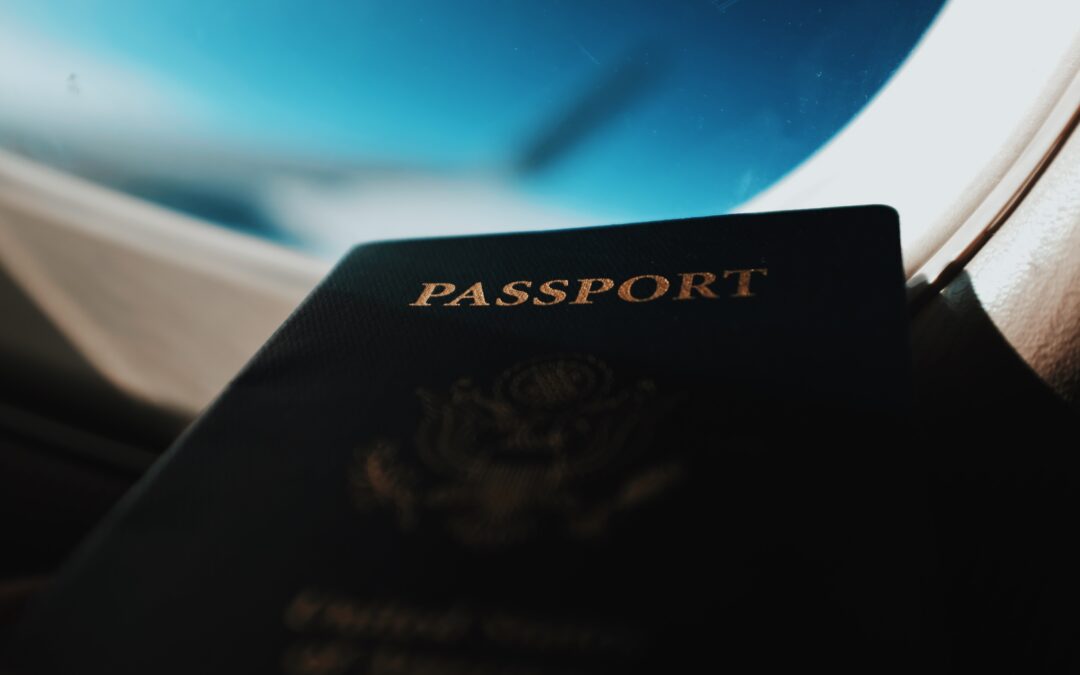
Feb 19, 2019 | Advocacy, Cases, Legal submissions
On 19 of February the ICJ submitted a third party intervention to the European Court of Human Rights in the case of Telek and others v. Turkey.
In its intervention, the ICJ addresses two main questions considering the effectiveness of domestic remedies concerning passport cancellation as a consequence of dismissal under emergency decrees:
- Whether the State of Emergency Commission and/or judicial remedies subsequent to the decision of the Commission might constitute an effective remedy.
- Whether separate remedies for passport cancellation can provide effective relief for the applicants’ claims.
In that respect of mentioned systemic issues the ICJ presents the Court the observations concerning the capacity of the Turkish legal system to provide effective remedies for violations under the European Court of Human Rights, in light of its Convention obligations, in particular obligations under Article 13.
The ICJ submission includes analysis of the Turkish legal system based in part on an ICJ mission to Turkey undertaken in May 2018 that focused on the functioning of the State of Emergency Commission created by Legislative Decree no. 685.
Turkey-icj-Telek&Others-Advocacy-legal submission-2019-ENG (download the intervention in Telek and others v. Turkey).
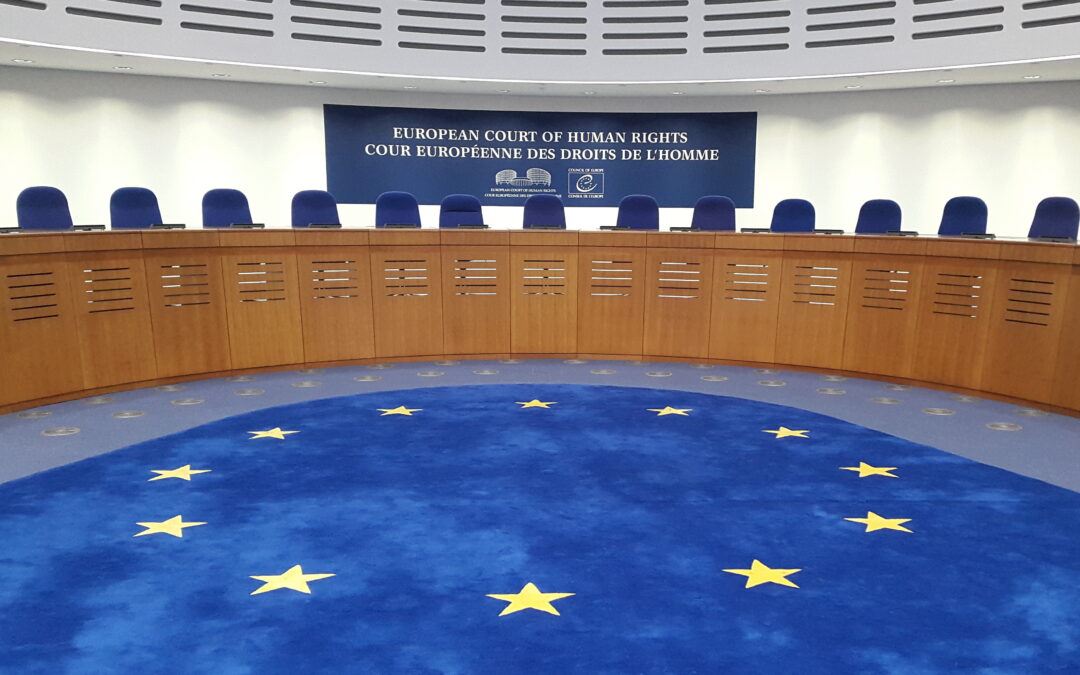
Nov 14, 2018 | Advocacy, Cases, Legal submissions
The ICJ intervened today before the European Court of Human Rights in the cases of a judge and a scholar that were arrested in the wake of the state of emergency in Turkey.
Mr Hakan Baş is a judge who was dismissed and arrested under emergency legislation following the attempted coup of 15 July 2016.
Mr Seyit Ali Ablak is a teacher and was arrested in 2017 also during the state of emergency declared following the attempted coup.
They claim, among others, the violation of their right to a judicial review of detention under articles 5.3 and 5.4 of the European Convention on Human Rights (ECHR).
In this intervention, the ICJ addressed the following issues:
- the international legal and normative framework on the independence of the judiciary and the role of judges, in particular in implementation of obligations under articles 5.3 and 5.4 ECHR;
- the current situation of the independence, governance and administration of the judiciary in Turkey, with particular regard to the Council of Judges and Prosecutors and the role of the peace judges, and their conformity with State obligations under articles 5.3 and 5.4 ECHR. The situation will be assessed with reference to the findings of an ICJ mission undertaken in May 2018 and contained in the mission report Justice Suspended.
Turkey-icj-Bas-Advocacy-legal submission-2018-ENG (download the intervention in Baş v. Turkey)
Turkey-icj-Ablak-Advocacy-legal submission-2018-ENG (download the intervention in Ablak v. Turkey)
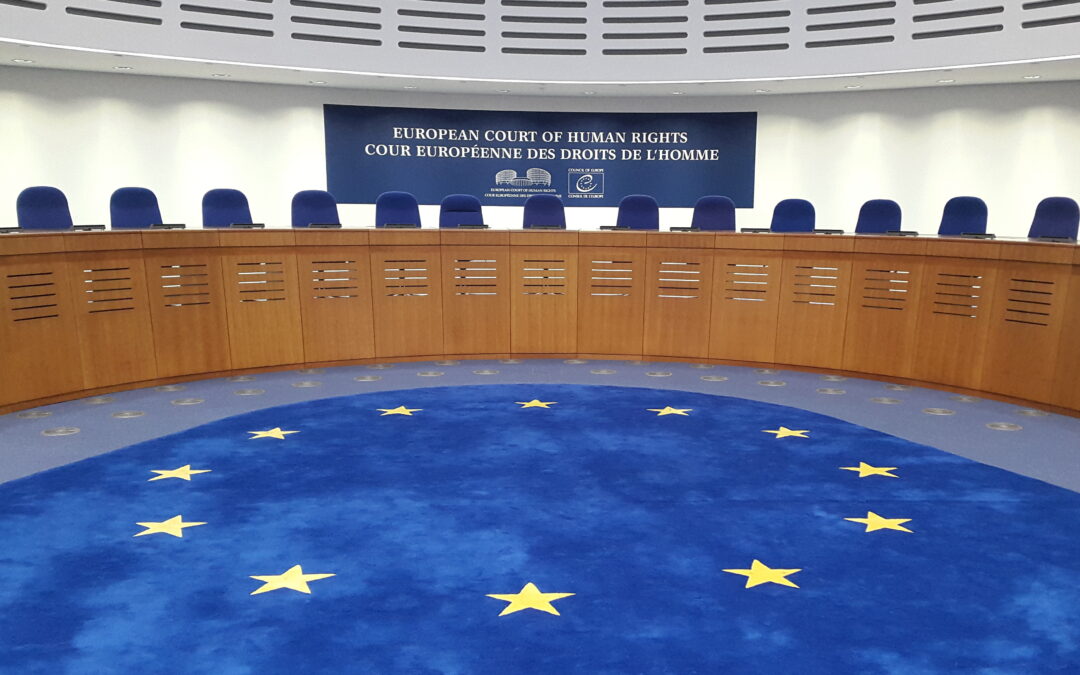
Nov 2, 2018 | Advocacy, Cases, Legal submissions
The ICJ intervened today before the European Court of Human Rights in the case of a detained Member of the Turkish Parliament from the HDP party, Ms Burcu Çelik, arrested in 2017 under “terrorism charges”.
In this submission, the ICJ provides the Court with observations concerning the capacity of the Turkish legal system to provide effective remedies for violations under the ECHR with regard to detention, in particular detention of Members of Parliament, in light of its Convention obligations, in particular obligations under Article 5.4.
The ICJ presents its analysis of these aspects of the Turkish legal system based, in part, on information ascertained during a mission to Turkey undertaken in May 2018 and in its report Justice Suspended.
Specifically, the ICJ addresses the question as to whether the remedies of individual application before the Constitutional Court (CC) and under article 141.1 (a) and (d) of the Code of Criminal Procedure (CCP) may be considered as effective in light of the State’s obligations under articles 5.4 and 35.1 ECHR.
Turkey-icj-Celik-Advocacy-legal submission-2018-ENG (download the intervention)
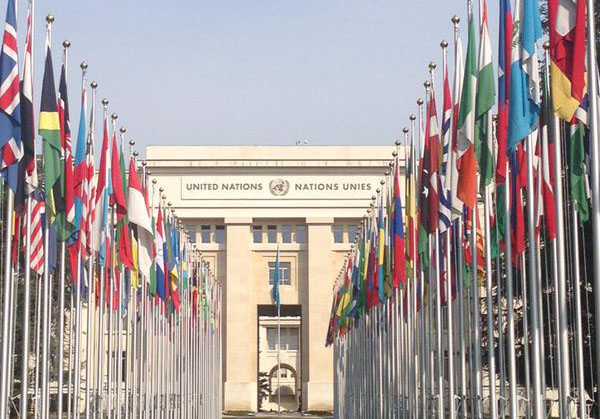
Mar 9, 2018 | Advocacy, Open letters
The ICJ and other organisations today express concern about China’s draft UN resolution, “Promoting the International Human Rights Cause through Win-Win Cooperation”.
In a letter addressed to the Member and Observer States of the UN Human Rights Council, the organizations wrote:
“The draft resolution entitled “Promoting the International Human Rights Cause through Win-Win Cooperation” lacks balance and undermines accepted international human rights law and principles. Its adoption could undermine the ability of the Council and its mechanisms to protect and promote human rights, and risks undermining the rights of victims of human rights violations.
No resolution that purports to promote human rights but ignores victims can be considered a “win” for anyone. The right of every victim to an effective remedy, regardless of the preferences of the responsible State, lies at the very heart of any meaningful understanding of human rights, as the General Assembly, the Council, as well as the Universal Declaration of Human Rights (UDHR) and human rights treaties, have repeatedly affirmed.
Cooperation between States, and between States and the Human Rights Council and its mechanisms, is an important component of the international human rights system. The version of cooperation envisioned by the draft resolution, however, finds no basis in the decades of practice of human rights at the UN or in the Institutional Building Package for the Council. “Win-win cooperation” and “a community of shared future for mankind” instead emanate specifically from the speech made by Chinese President Xi at the Palais des Nations in January 2017 and other national policy statements. Their implications have not been explained by the Chinese delegation, and reading these terms in their original context only raises greater concern about their import.
The language stating that “win-win cooperation is the only viable option” is perhaps the best example of our many concerns. Although the draft resolution does not specify in relation to what it is “the only viable option”, presumably the implication is with regard to human rights. This language of the draft resolution directly contradicts and undermines that part of the Council’s mandate, as articulated by the General Assembly in its resolution 60/251, that requires it to respond promptly and effectively to gross and systematic human rights violations.
Indeed, in all too many actual situations of gross and systematic violations faced by the Council, States responsible for human rights violations have shown no good faith to engage in any form of cooperation that could actually assist to end the violations or fulfil the rights of the victims. The draft resolution defies experience, and suggests no consequences for persistent non-cooperation.
Additionally, there is no mention in the draft concerning enforcement of States’ obligations under international human rights law by national, regional or international courts or other bodies, or even at a more general level, the need for accountability where abuses occur. As such, only impunity stands to “win” from such an approach.
Furthermore, the concept of “win-win cooperation” in the draft resolution as currently drafted clearly focuses predominantly, if not exclusively, on cooperation between States. The draft resolution does not call for States to cooperate with the Human Rights Council and its mechanisms. Neither does it call on States to refrain from committing reprisals against individuals or groups seeking to cooperate with UN human rights mechanisms to promote and protect human rights, including civil society actors and victims of human rights violations.
Our organisations call on States to reject the proposed resolution on “Promoting the International Human Rights Cause through Win-Win Cooperation” as drafted. Indeed, the problems with the text are so fundamental and far-reaching, it is difficult to see how consensus could possibly be reached without a substantial rethinking of the approach. If the proponents of the draft resolution sincerely believe that “win-win cooperation is the only viable option”, they surely cannot, at the same time, believe that it would be consistent with the draft resolution’s own terms for its adoption to be forced through on a divided vote, and should withdraw the draft resolution from consideration at the present Council session.
Signatories:
- Asian Legal Resource Center
- Amnesty International
- Cairo Institute for Human Rights Studies
- Conectas
- Defend Defenders
- FIDH
- Human Rights Watch
- International Commission of Jurists
- International Service for Human Rights
The letter can be downloaded in PDF format here: UN-HRC37-OpenLetter-ChinaResolution-2018
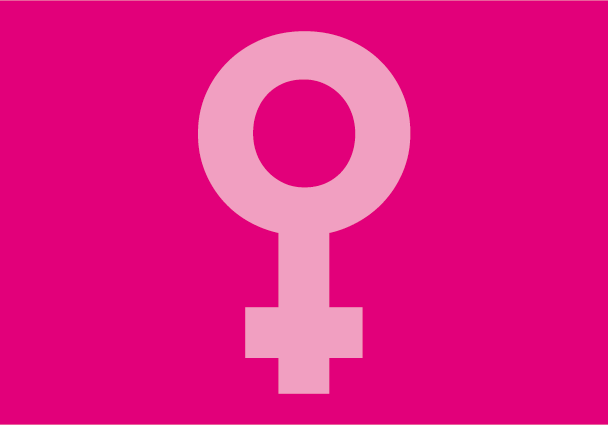
Feb 26, 2018 | Events
On 28 February 2018, the ICJ is holding a workshop on combatting sexual and gender-based violence (SGBV) in Swaziland, in cooperation with Women and Law in Southern African – Swaziland (WLSA Swaziland) and the Swaziland Action Group Against Abuse (SWAGAA).
The workshop, held as part of the ICJ’s Global Redress and Accountability Initiative, will consider the prevalence of SGBV in Swaziland, and contributing factors, and will focus on the extent to which perpetrators of such violence are, and can be, held accountable in law and in practice and the means by which victims of SGBV may better access effective remedies and reparation.
Participants will also discuss opportunities for engagement with UN mechanisms on addressing SGBV in the Kingdom of Swaziland.
The workshop is set against the backdrop of urgent recommendations adopted by the UN Human Rights Committee in 2017 on the combatting of violence against women, in respect of which Swaziland must report to the Committee by July 2018.
It comes ahead of Swaziland’s anticipated report, also due in July 2018, to the UN Committee on the Elimination of All Forms of Discrimination Against Women which in 2014 also adopted several recommendations on the combatting of violence against women.
The workshop also comes as national debates continue on the enactment of the Sexual Offences and Domestic Violence Bill, which Swaziland had committed to enact without delay at its 2016 Universal Periodic Review.
Workshop Agenda









